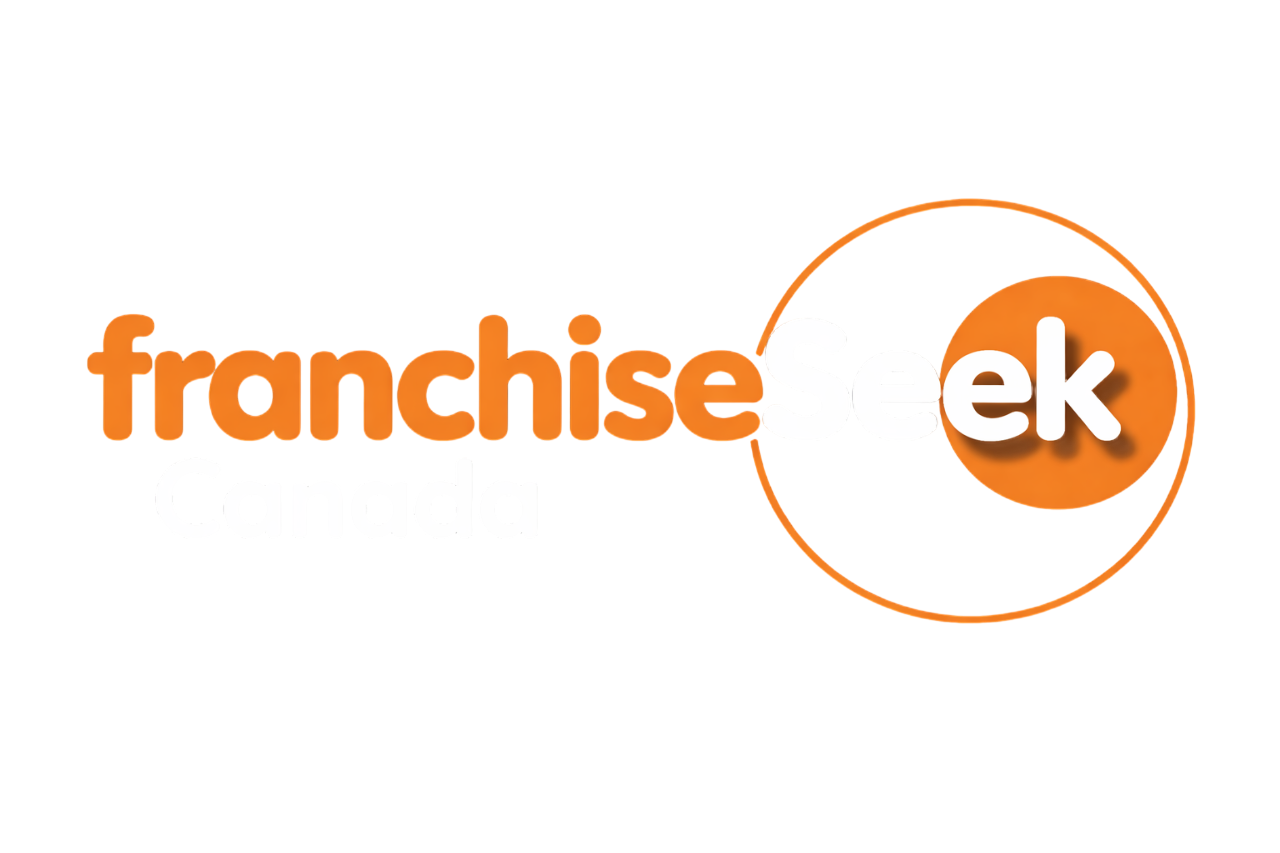Franchising continues to grow as one of the most popular business models in Canada, giving entrepreneurs the chance to own and operate businesses under recognized brands. While franchising offers many benefits, including brand recognition and support, it also comes with financial responsibilities that franchisees must fully understand. Among these responsibilities is taxation. Knowing how taxes apply to a franchise business is critical for compliance, financial planning, and long-term profitability. Franchise taxes can be complex, particularly given Canada’s unique mix of federal and provincial regulations. By understanding the key aspects of franchise taxation, Canadian entrepreneurs can better prepare for success.
Understanding Franchise Taxes
In Canada, there is no specific tax called a “franchise tax” in the same sense as in some jurisdictions, such as the United States. Instead, franchisees are subject to the same federal and provincial tax obligations as any other business owner, while also managing specific fees associated with franchising. These obligations typically include corporate or personal income tax, sales tax, and payroll deductions, in addition to franchise fees and royalties paid to the franchisor. Understanding how these obligations interact is the foundation of managing franchise taxes in Canada.
Corporate vs. Personal Income Tax
One of the first decisions a Canadian franchisee must make is how to structure their business. If the franchise operates as a corporation, it will be subject to corporate income tax at both federal and provincial levels. Corporations in Canada may also benefit from the small business deduction, which reduces the tax rate on qualifying income. If the franchisee operates as a sole proprietorship or partnership, income is reported on personal tax returns. Each structure has tax implications, and franchisees must choose the option that best fits their financial goals and liability preferences.
Sales Tax Obligations
Franchisees in Canada must also navigate sales tax requirements. Depending on the province, this may involve collecting and remitting the Goods and Services Tax (GST), the Harmonized Sales Tax (HST), or Provincial Sales Tax (PST). For example, Ontario uses HST, while British Columbia has both GST and PST. Sales tax rules apply not only to products and services sold to customers but also to certain franchise fees. Failure to comply with sales tax obligations can result in penalties and damage to a franchisee’s financial stability.
Franchise Fees and Royalties
Franchisees in Canada must pay initial franchise fees, ongoing royalties, and often contributions to a marketing fund. These payments are not taxes in themselves but have tax implications. Franchise fees are generally considered capital expenses that can be amortized over time, while royalty payments are deductible as business expenses. Understanding how to properly categorize and deduct these payments is critical for minimizing tax liability. Franchisees should also be aware that these fees may be subject to GST or HST, depending on the agreement and jurisdiction.
Payroll and Employment Taxes
Franchisees who employ staff must also handle payroll deductions and employment taxes. This includes contributions to the Canada Pension Plan (CPP), Employment Insurance (EI), and income tax withholdings. Payroll compliance is a significant responsibility and one that directly affects both employees and the business. For Canadian franchisees, maintaining accurate payroll records and remitting taxes on time is not just a legal obligation but also a key part of building trust with staff and protecting the business from penalties.
Conclusion
Franchise taxation in Canada may not take the form of a single “franchise tax,” but franchisees still face a wide range of financial obligations. From corporate or personal income tax to sales tax, payroll contributions, and the treatment of franchise fees and royalties, taxation plays a major role in the financial health of a franchise business. For Canadian entrepreneurs, understanding these obligations and planning accordingly is essential for compliance and profitability. By staying informed and seeking professional tax advice when needed, franchisees can avoid costly mistakes and focus on growing their businesses. Ultimately, managing taxes effectively is not just about meeting legal requirements—it is about creating a stable foundation for long-term franchise success.









